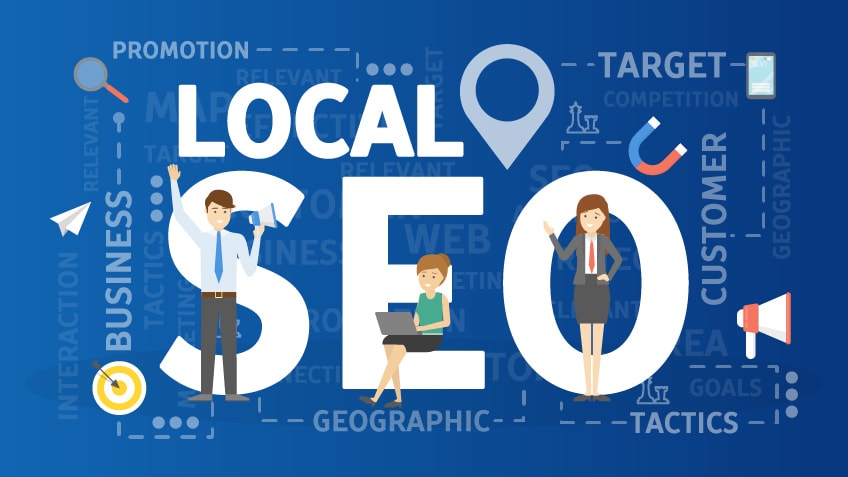Tips and Strategies for Small Businesses
Wiki Article

Local SEO, or search engine optimization, is a critical component of any small business's online marketing strategy. It's the process of optimizing your website and online presence to rank higher in local search engine results pages (SERPs) when people search for businesses or services in their local area. For small businesses that rely on foot traffic and local customers, it's especially important to have a strong local SEO presence.
In this article, we'll discuss tips and strategies for marketing local SEO for small businesses.
1. Claim your business on Google My Business Google My Business is a free tool that allows you to manage your business's online presence across Google, including search and maps. By claiming your business on Google My Business, you can control and update your business information, including your address, hours, phone number, and website URL. This information will appear on Google Maps and search results when people search for businesses like yours in their local area.
2. Optimize your website for local keywords To improve your local SEO, you need to optimize your website for local keywords. This means including your city, neighborhood, or region in your website's content, meta tags, and URLs. You can also create location-specific pages on your website to target specific cities or regions.
3. Get listed in local directories Getting listed in local directories can help improve your local SEO and increase your online visibility. Some popular local directories include Yelp, Yellow Pages, and Angie's List. Make sure to provide accurate and up-to-date information, including your business name, address, phone number, and website URL.
4. Get reviews Reviews are a powerful way to improve your local SEO and attract new customers. Encourage your customers to leave reviews on Google, Yelp, or other local directories.
5. Use social media to promote your business Social media can be a powerful tool for marketing local SEO. By sharing updates, promotions, and content related to your business, you can engage with your local audience and drive traffic to your website. Make sure to include local keywords in your social media posts and profiles to improve your local SEO.
6. Build local links Building local links from other websites to your website can help improve your local SEO. Look for local websites and directories that are relevant to your business and reach out to them to request a link. You can also offer to write guest posts or contribute to local publications to earn links back to your website.
Marketing local SEO is essential for small businesses that want to attract and retain local customers. By following these tips and strategies, you can improve your online visibility and drive more traffic to your website. Remember to stay up-to-date with the latest local SEO trends and best practices to ensure your business stays ahead of the competition.